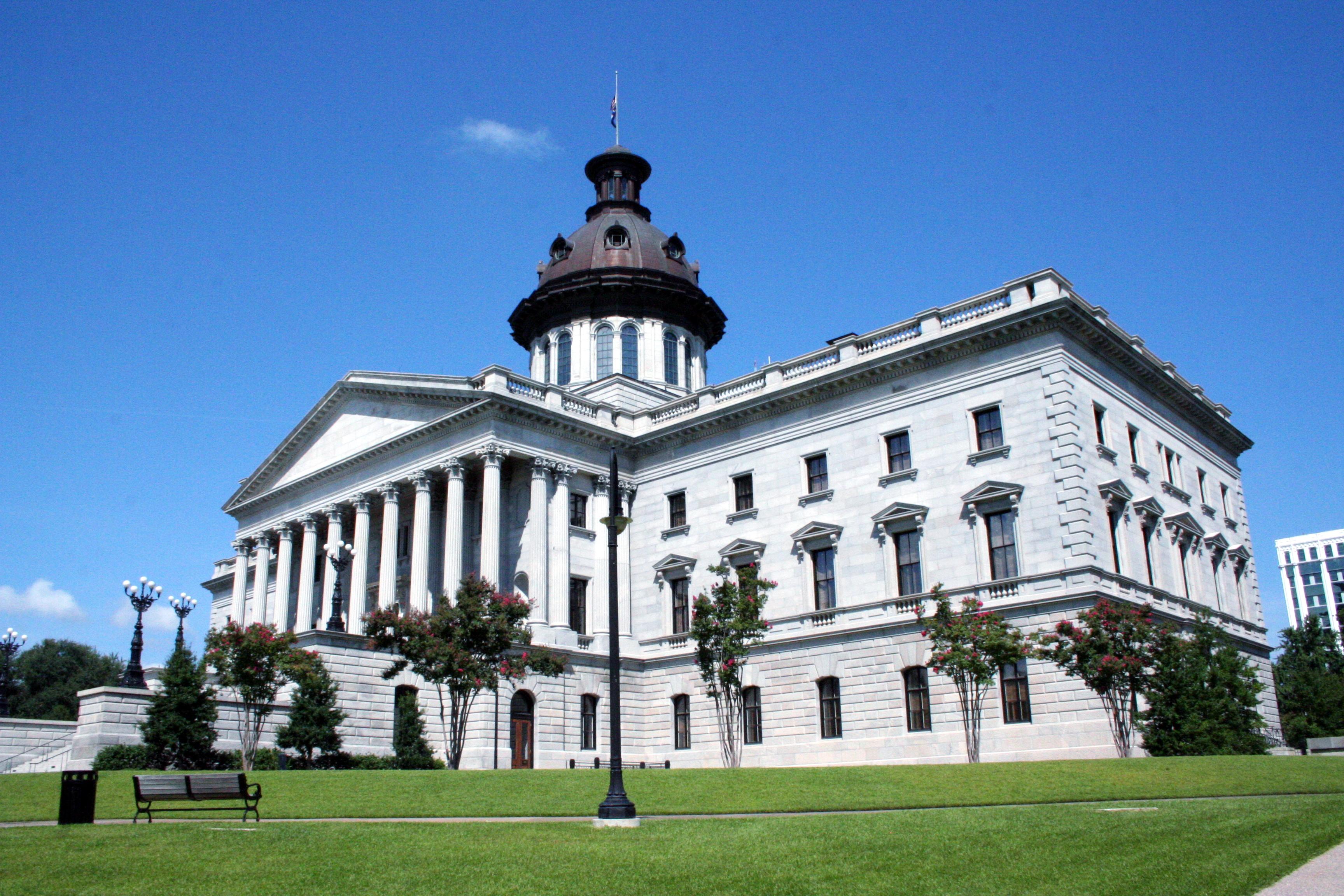Should South Carolina conform to federal tax law changes?

Dr. Oran Smith
To freedom-loving South Carolinians, the only worse words than “federal” and “conformity” spoken singly are “federal conformity” spoken jointly. The most current relevance of federal conformity refers to whether South Carolina should change its tax code to match the provisions of the sweeping (and very positive) tax law passed by Congress and signed by President Trump last December.
At first blush, full conformity sounds like a no-brainer, but there are repercussions to doing so. As assorted experts wrote last week, the Trump tax cut bill at the federal level could actually mean a tax increase for South Carolinians.
But do not fear. The answer to the question “should we or shouldn’t we?” is right here.
At times like this, Palmetto Promise Institute is glad for our affiliation with Dr. Rebecca Gunnlaugsson, South Carolina’s foremost independent economist. Dr. Gunnlaugsson is the author of PPI’s groundbreaking plan to how to fix South Carolina’s broken tax code. Now she has turned her focus to the federal conformity issue.
Her new analysis provides a roadmap for how state lawmakers can take advantage of some federal changes, hold our citizens harmless from others, and move South Carolina closer to fundamental tax reform that makes our code competitive, sustainable and fair by making rates lower and broader.
Other resources that we recommend for background on the federal conformity issue are those of the Tax Foundation and the state office of Revenue & Fiscal Affairs (RFA).






